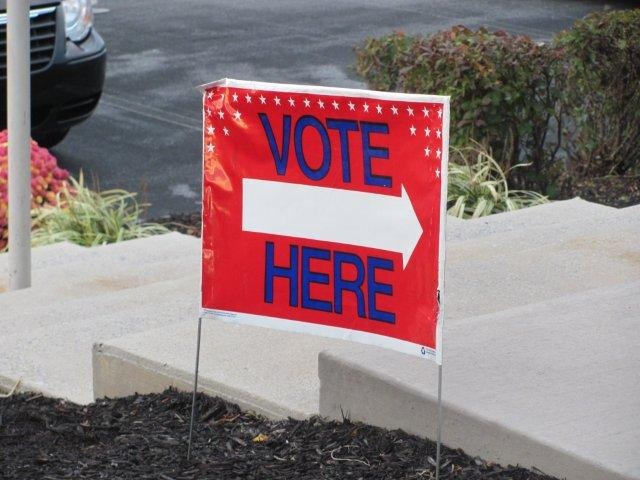Supporters Push Nurse-to-Patient Ratio Bills
Pennsylvania hospitals would be required to meet minimum nurse-to-patient ratios under bills introduced in the state House and Senate. The ratios would vary depending on the care setting, but supporters say they could both improve patient safety and save money in the long run.
Inadequate staffing is the ultimate concern for Pennsylvania Association of Staff Nurses and Allied Professionals (PASNAP) president Patty Eakin. “Patients can suffer,” she tells Radio PA, “and suffering is not just dying but you might have medication errors made, you might have medications missed, treatments missed.”
Eakin points to a 2010 study out of the University of Pennsylvania that indicates California’s mandatory minimum nurse-to-patient ratios are helping to save lives.
But California is the only state to go down this road to date, and Pennsylvania hospitals have long opposed similar bills that have been introduced in the General Assembly.
The Hospital & Health System Association of Pennsylvania says a one-size-fits-all policy ignores the many variables involved in determining safe staffing levels. HAP also contends there’s no consensus on what nurse staffing levels should be or how to set them.
This year SB 637 has been introduced by Sen. Daylin Leach (D-Montgomery) and HB 923 has been introduced by Rep. Phyllis Mundy (D-Luzerne). While similar bills have gone nowhere in Harrisburg, Eakin says giving up the fight is not an option.
(photo credit: CDC / Judy Schmidt)











